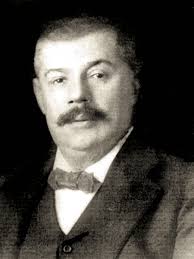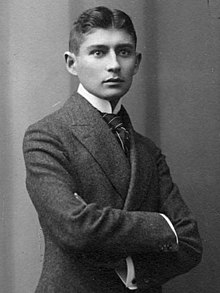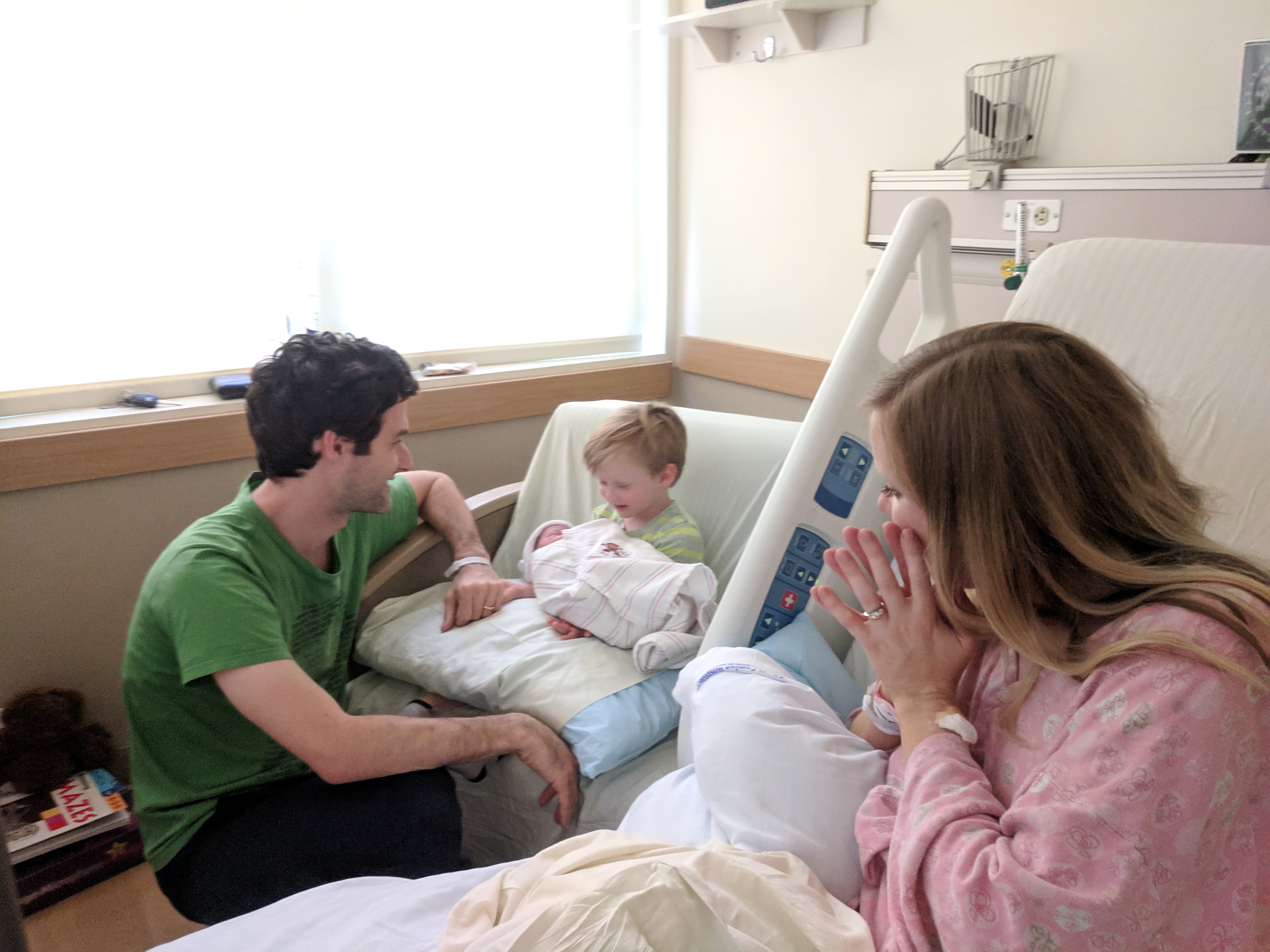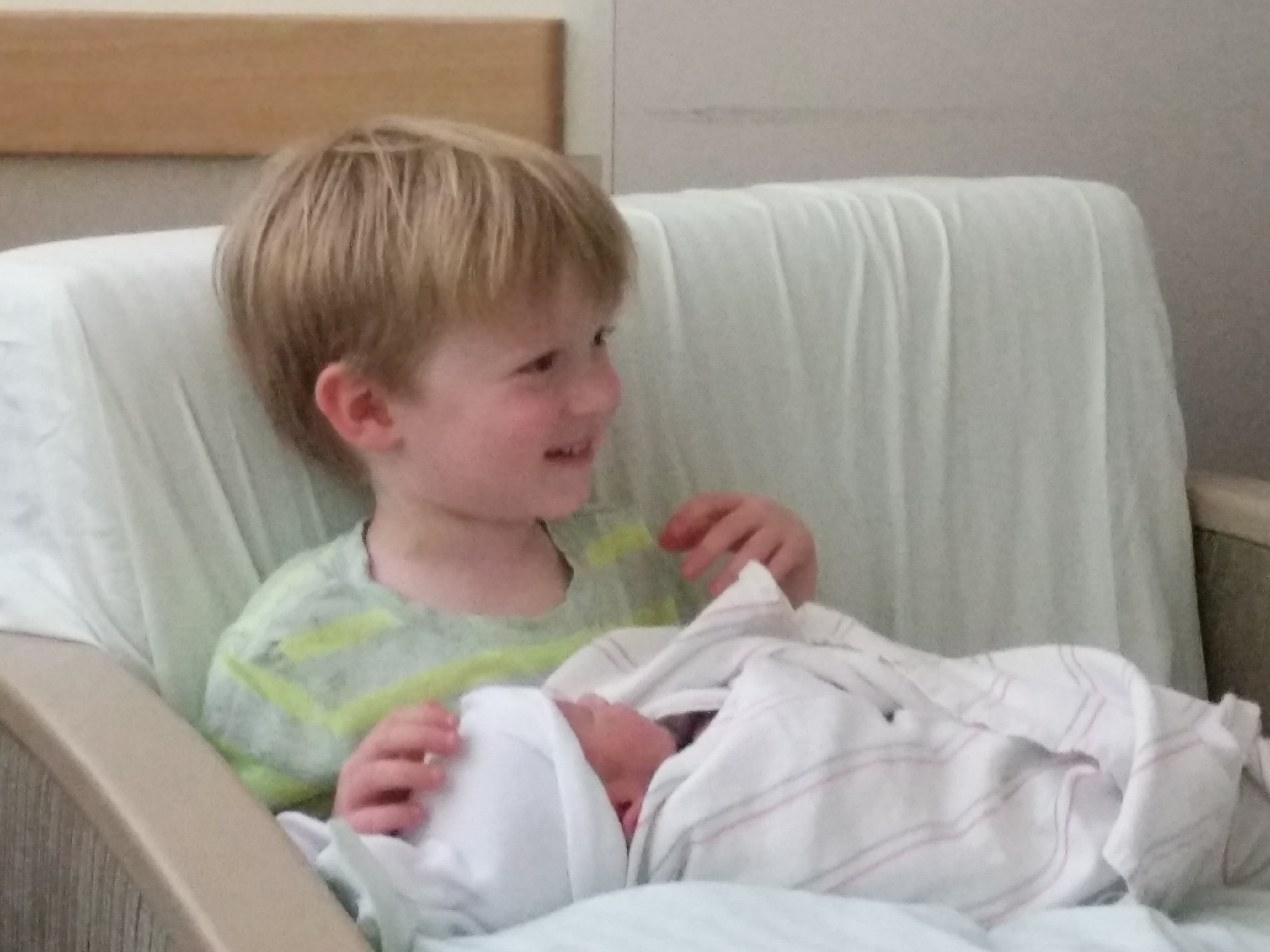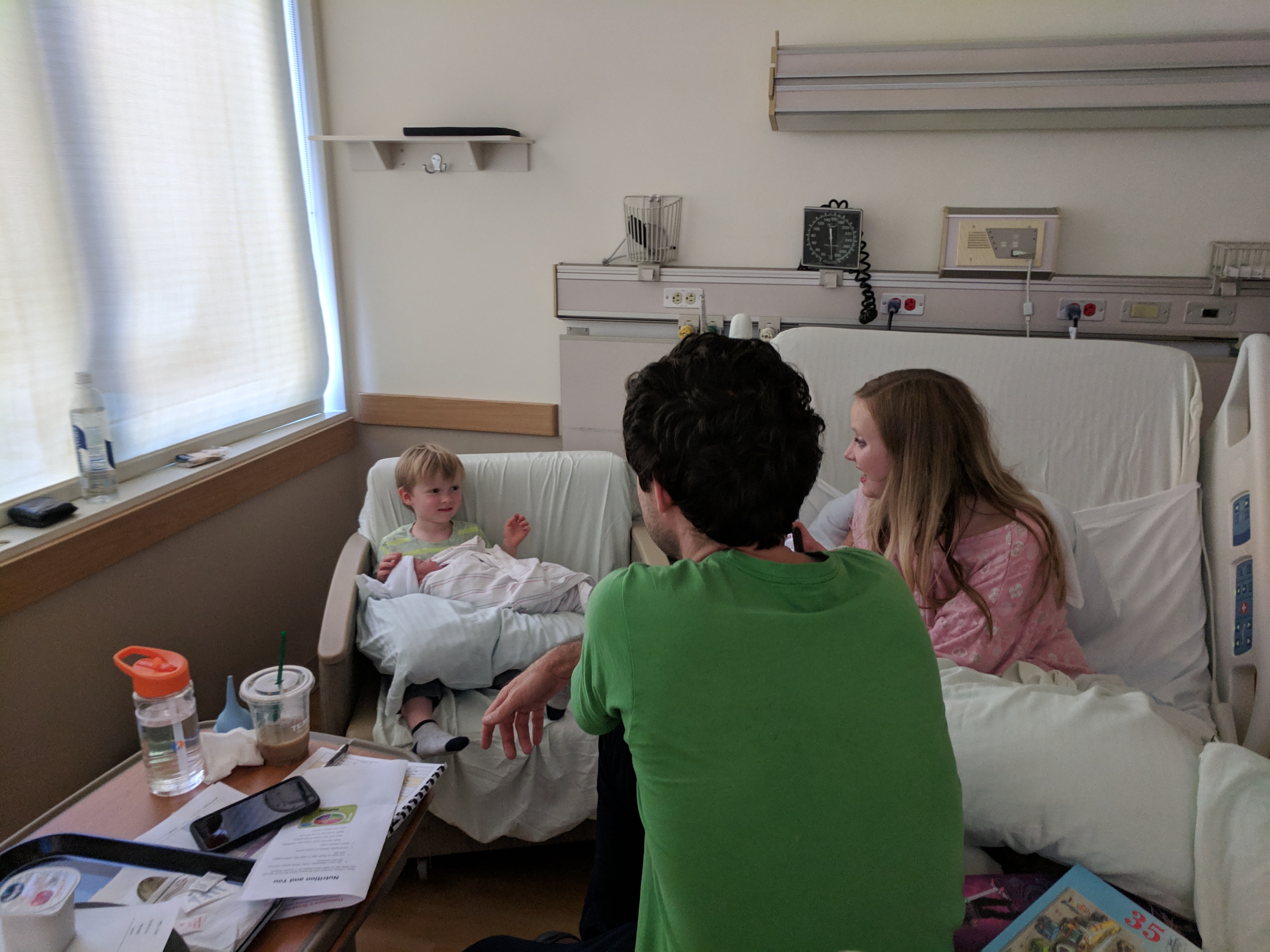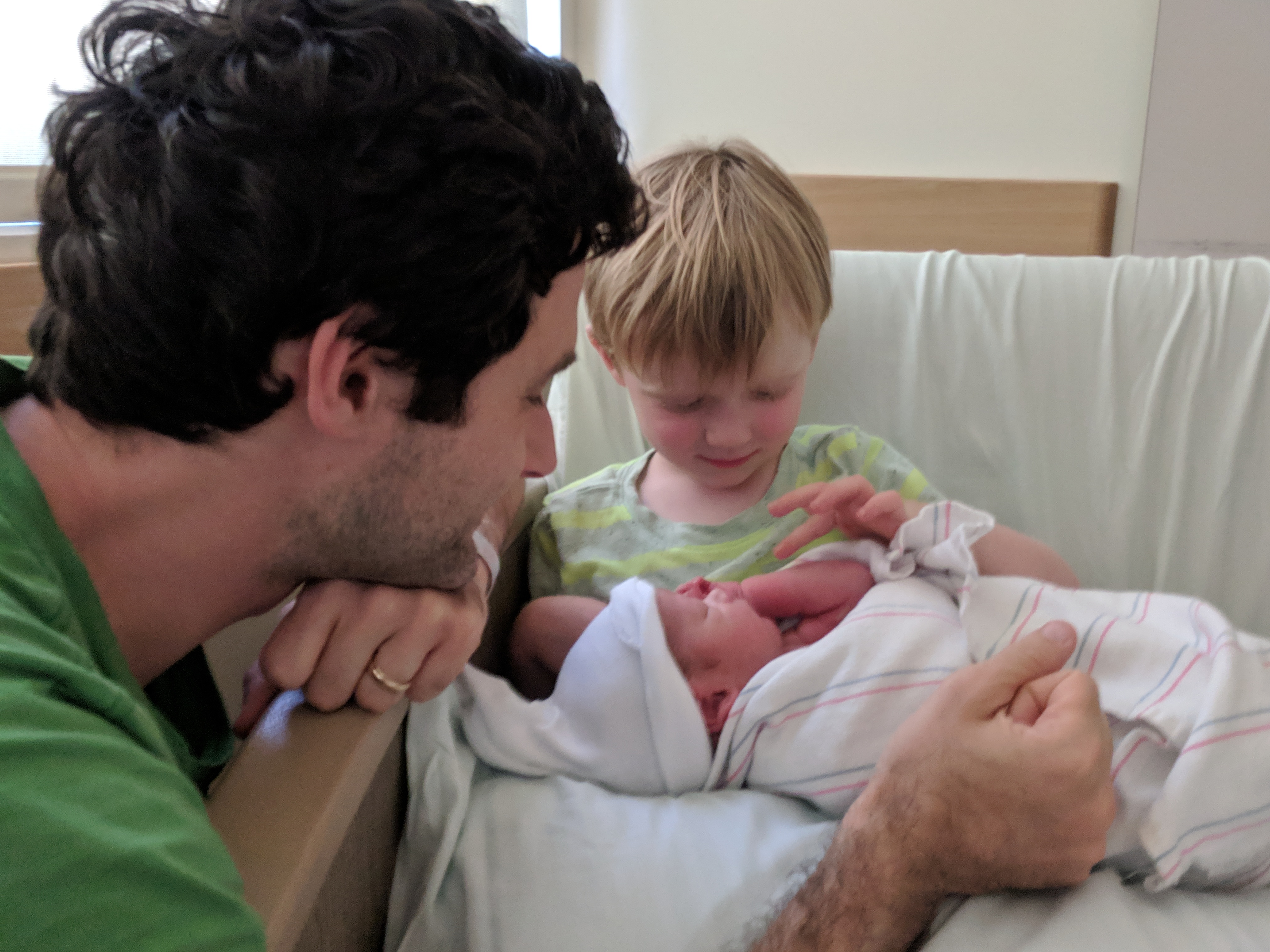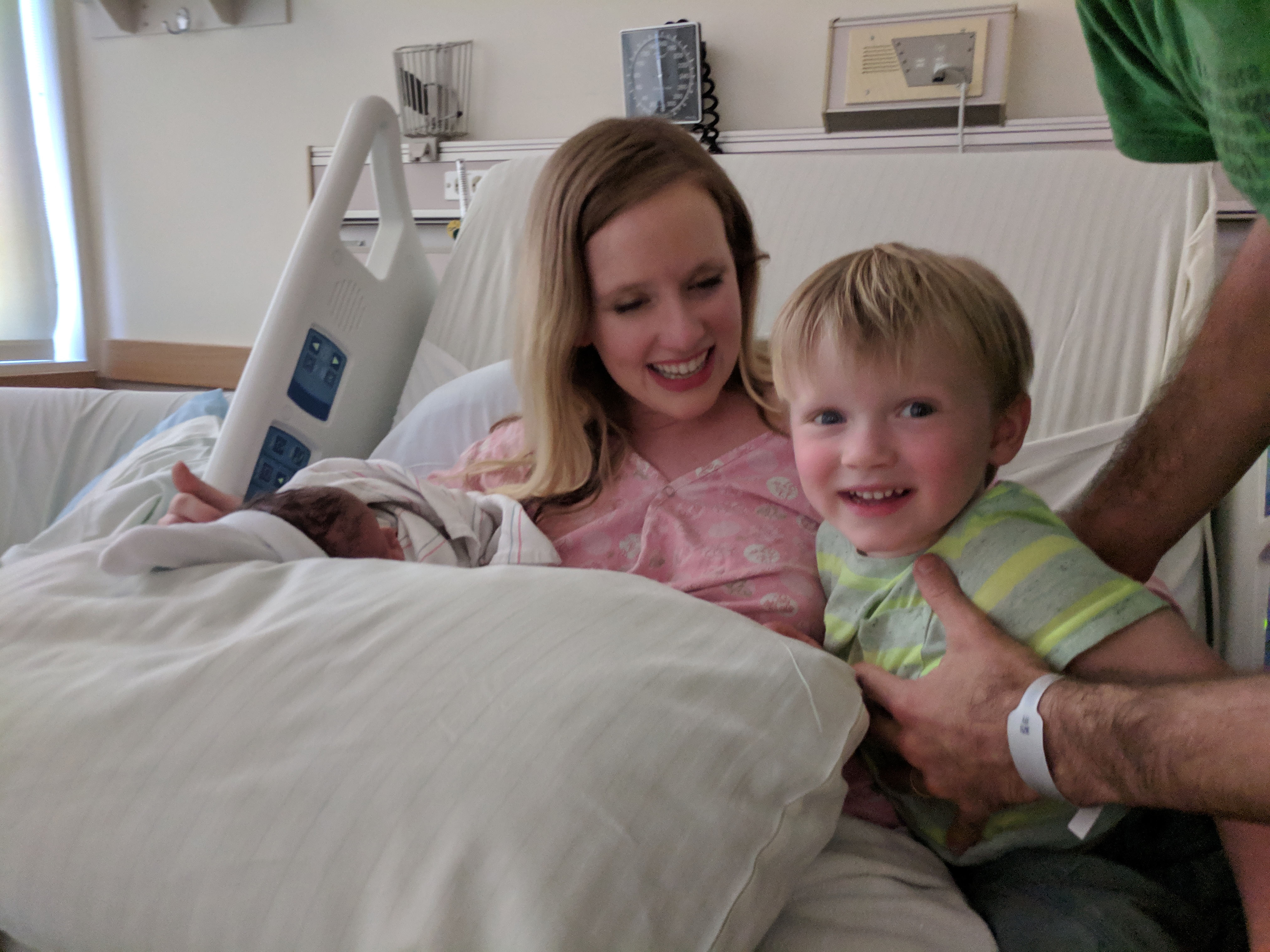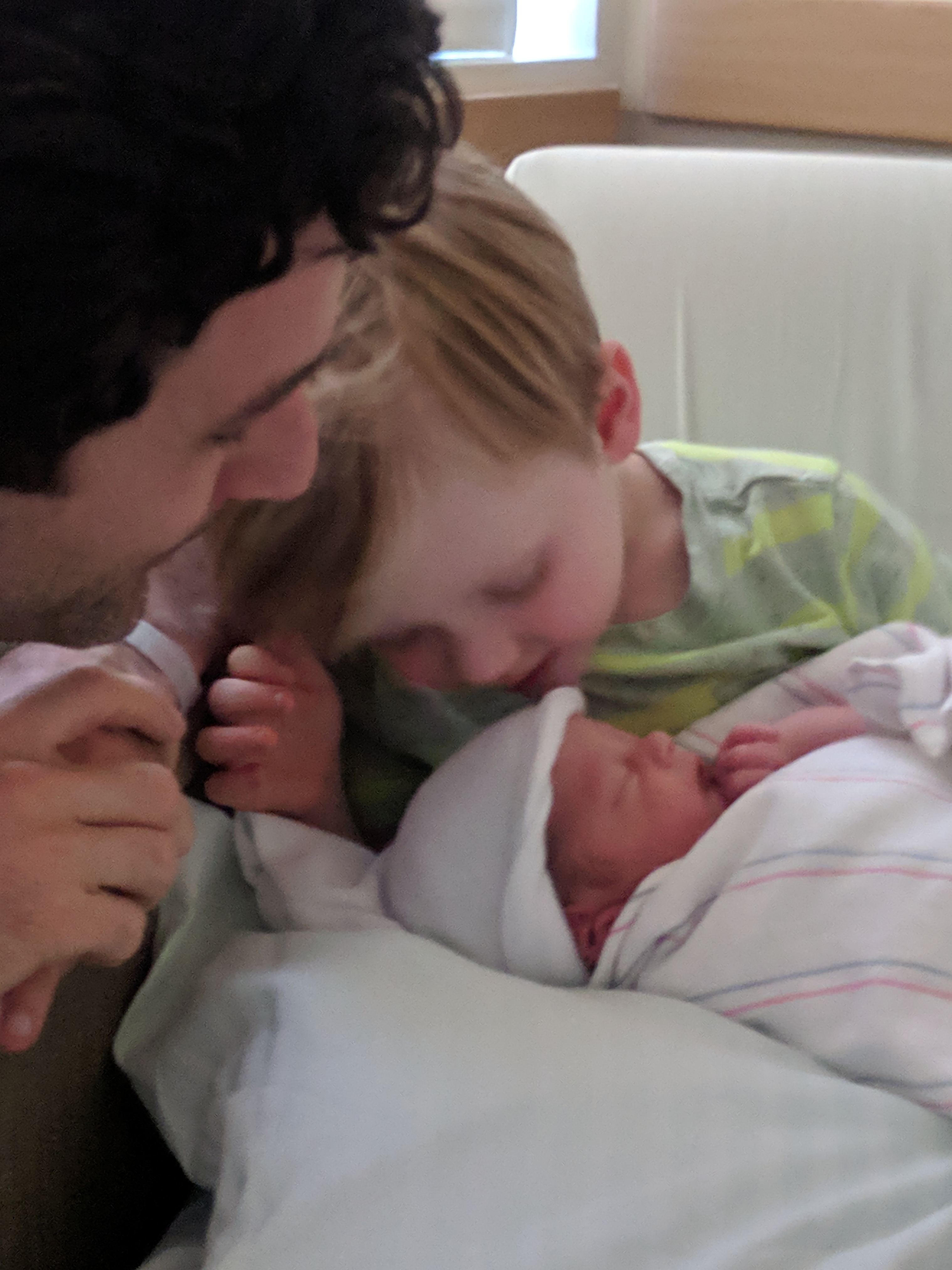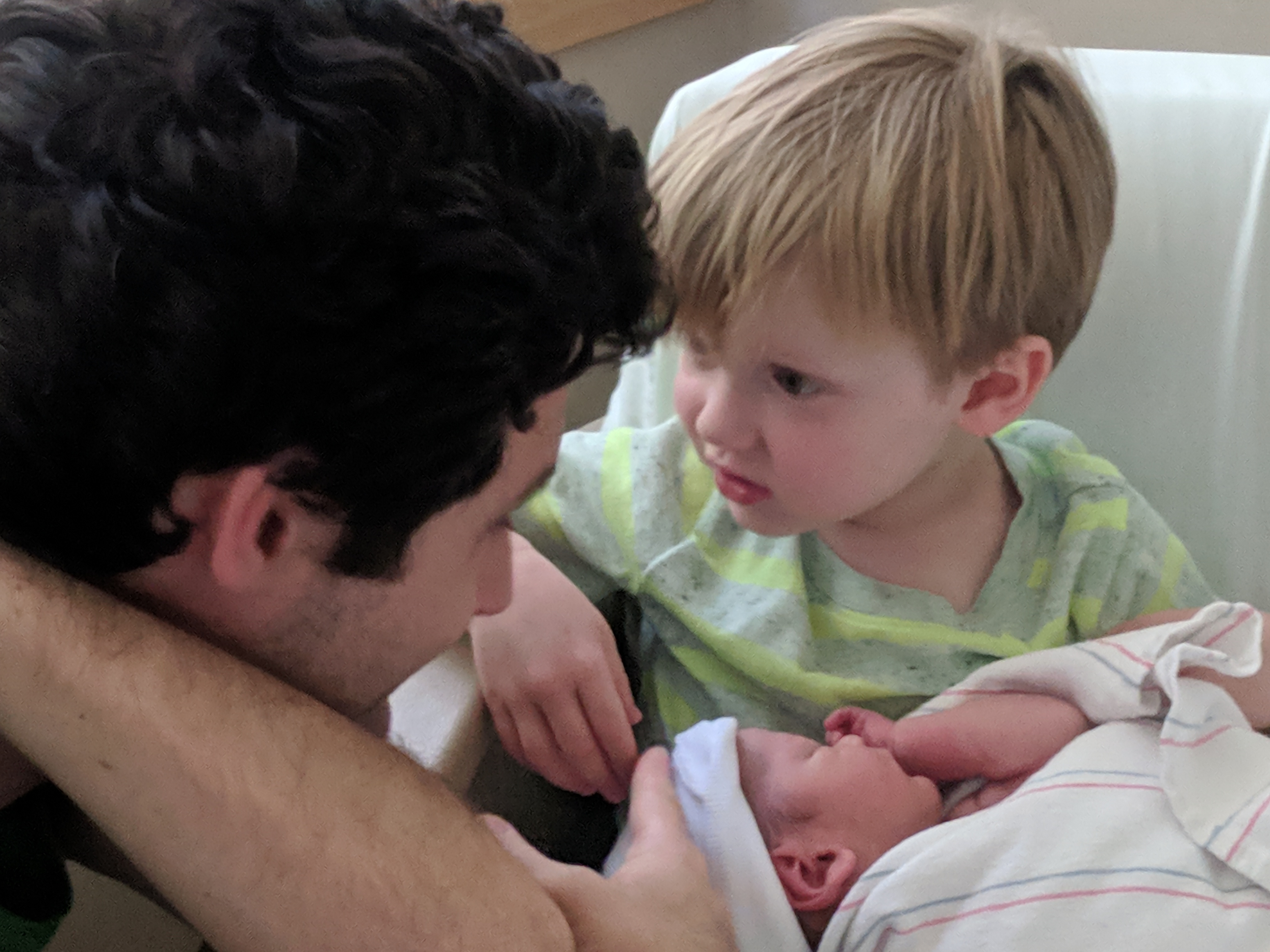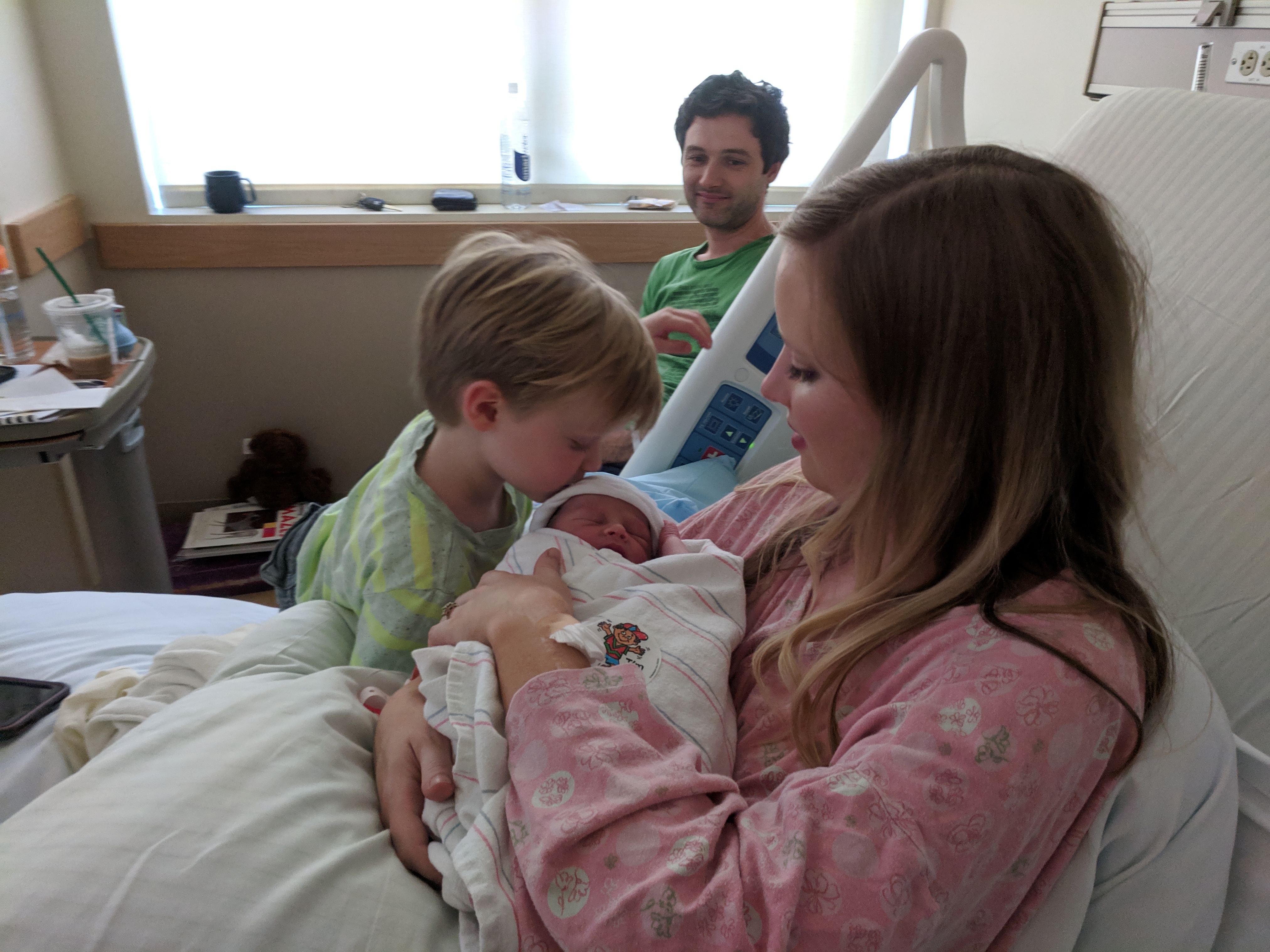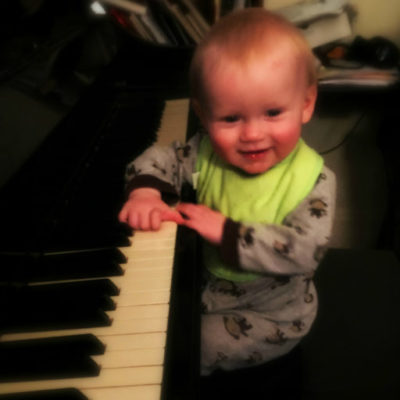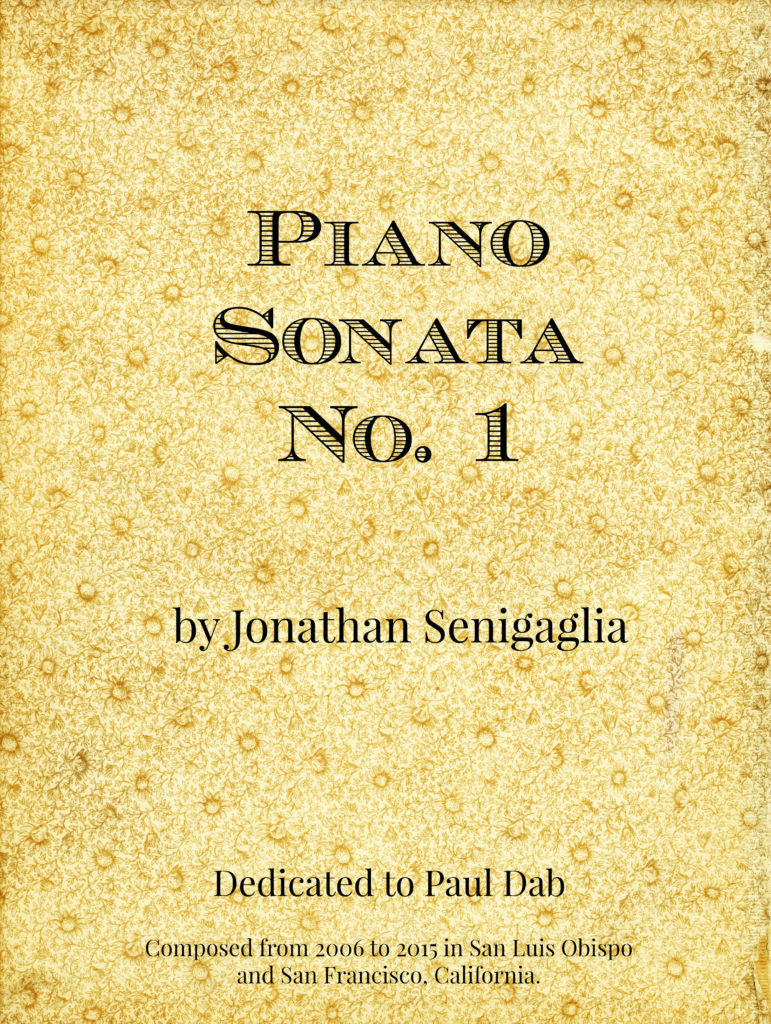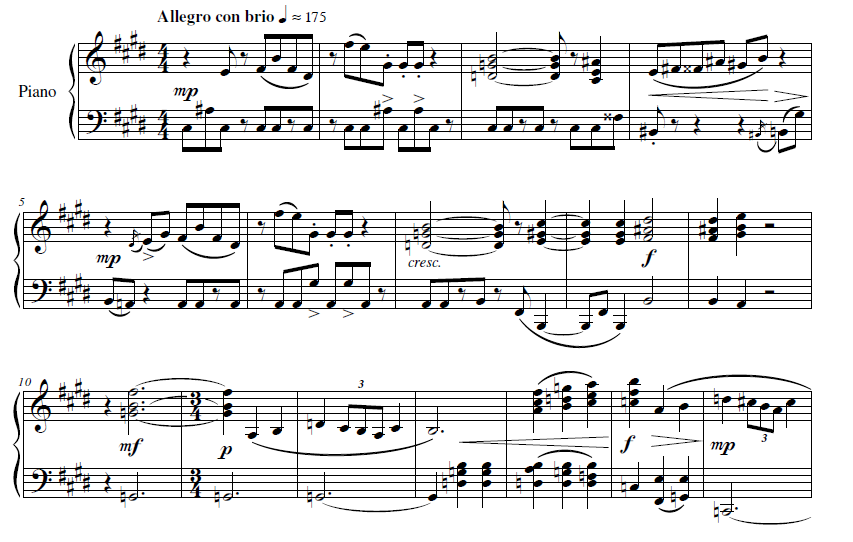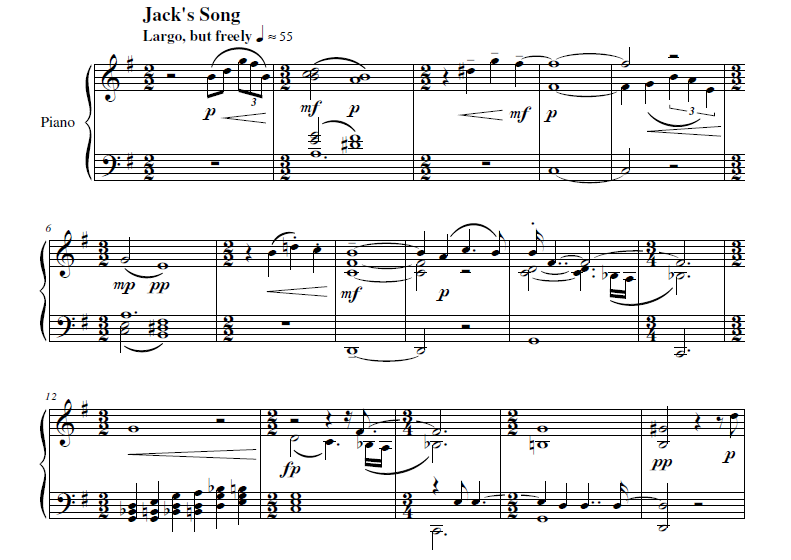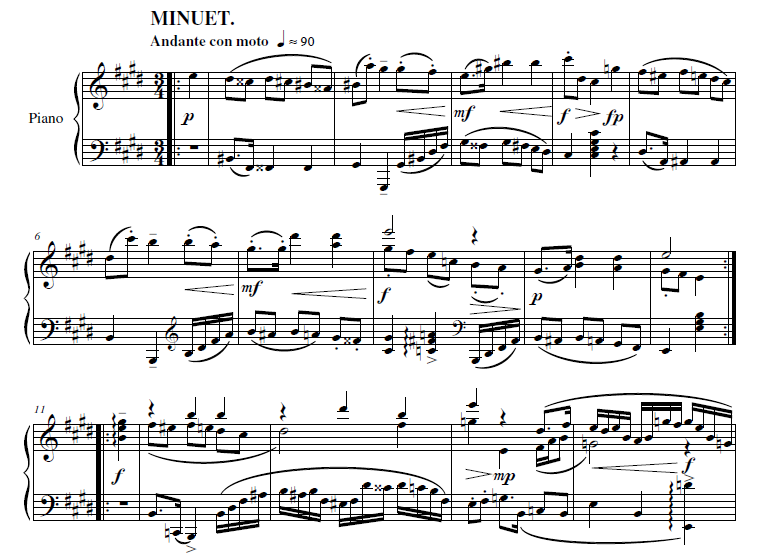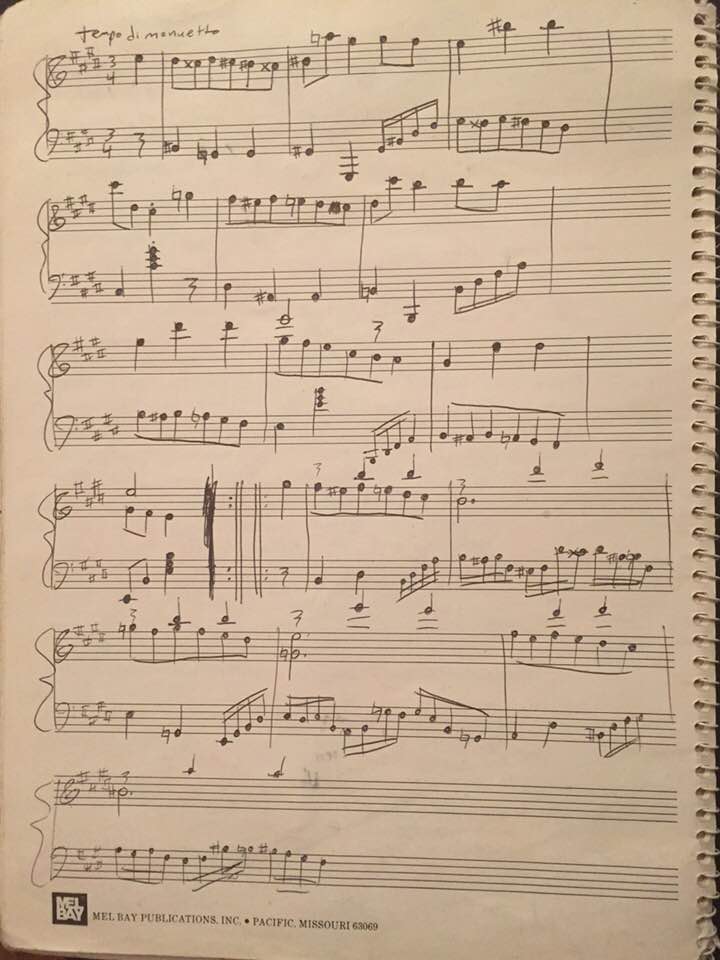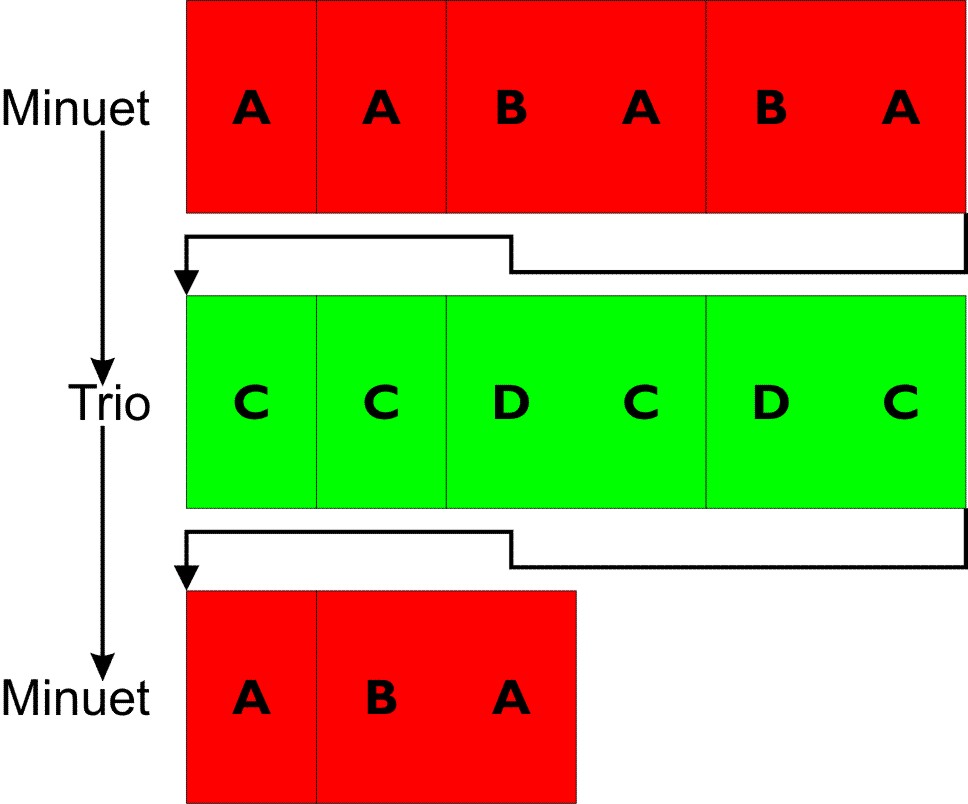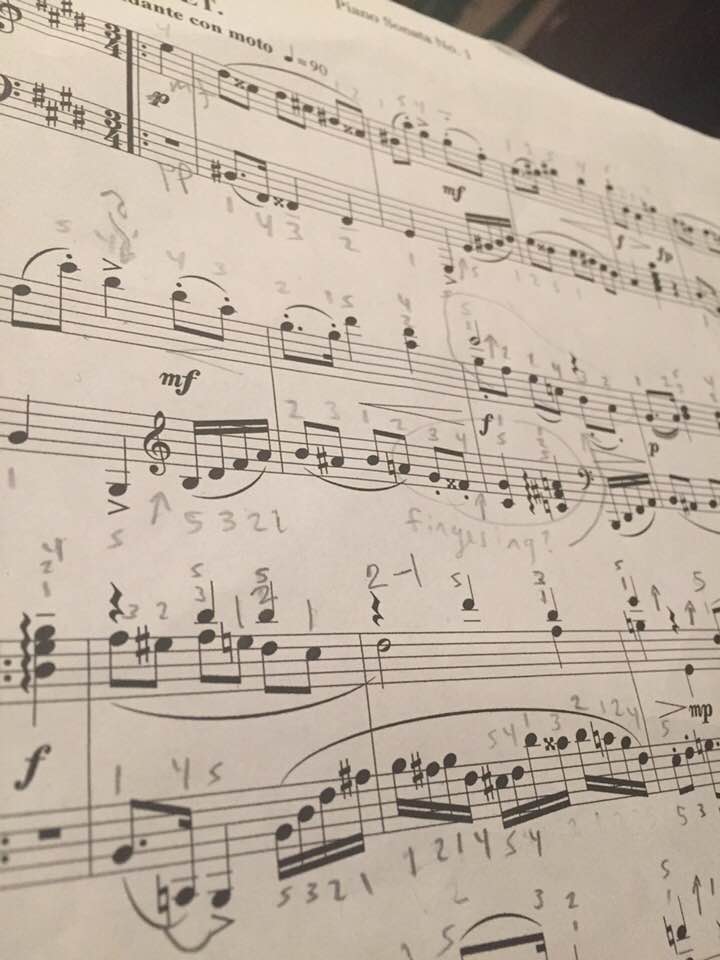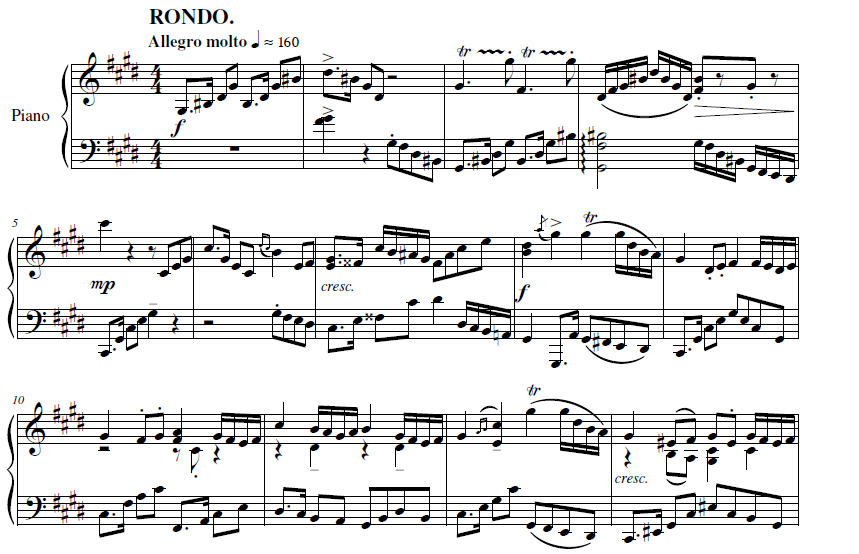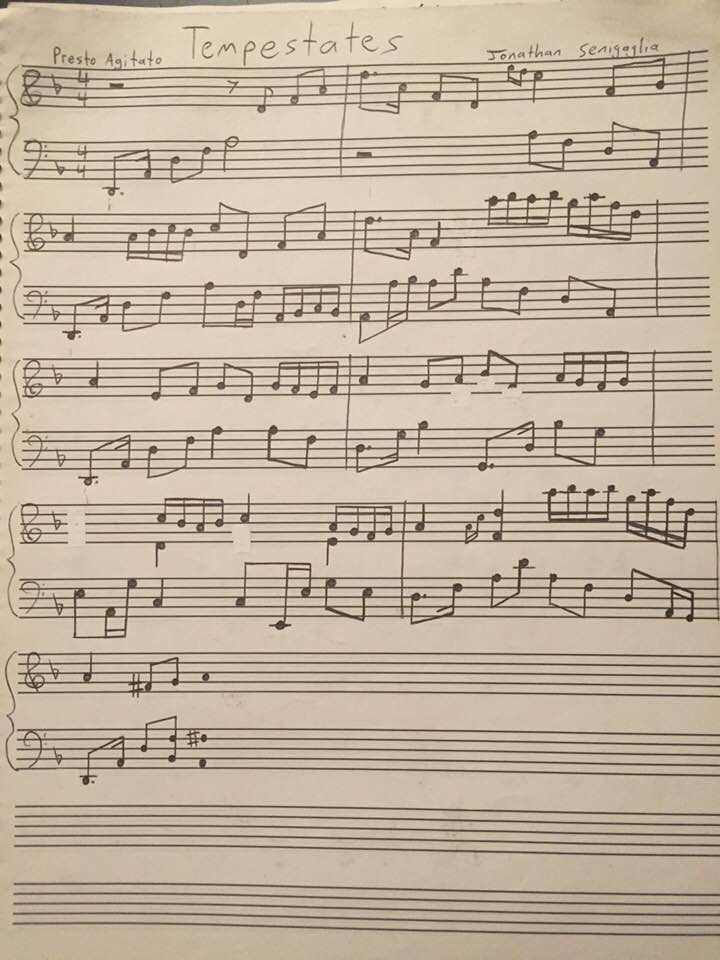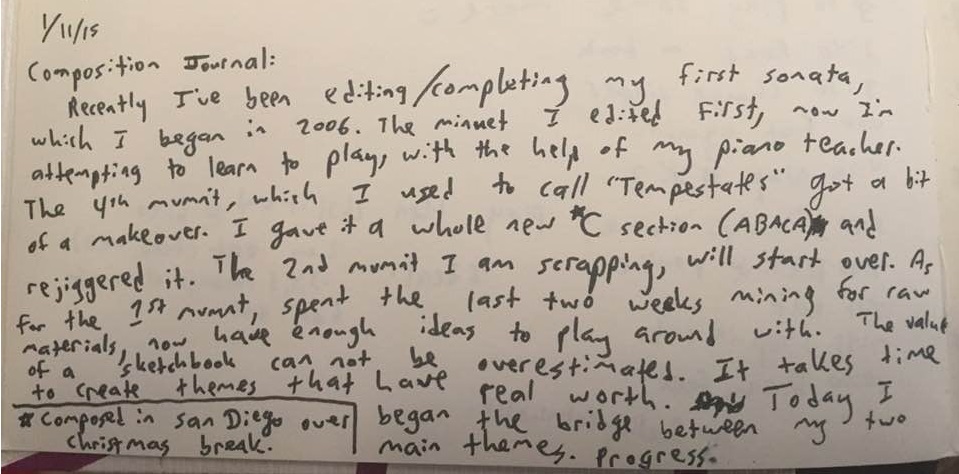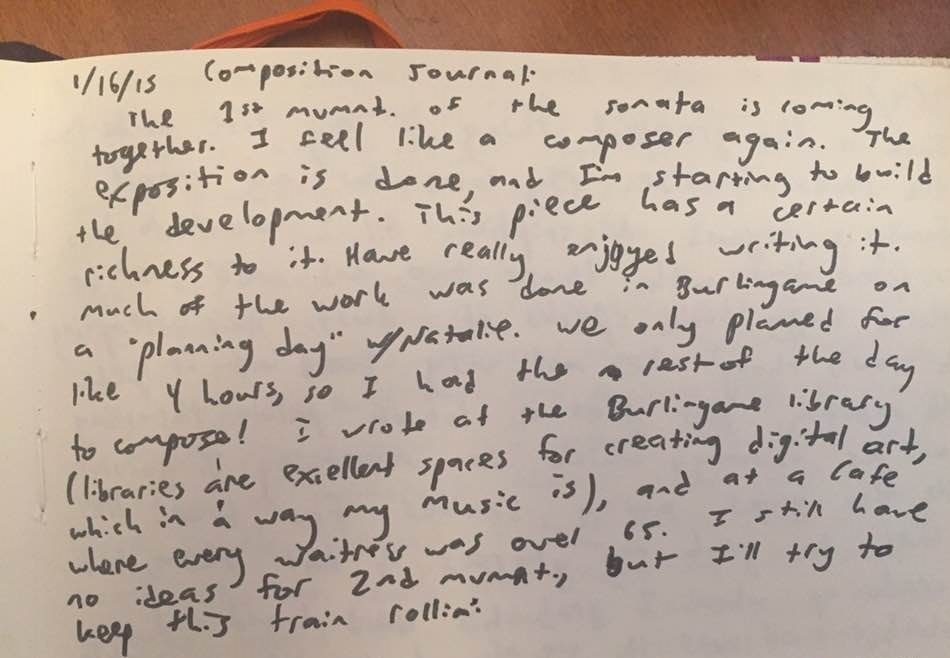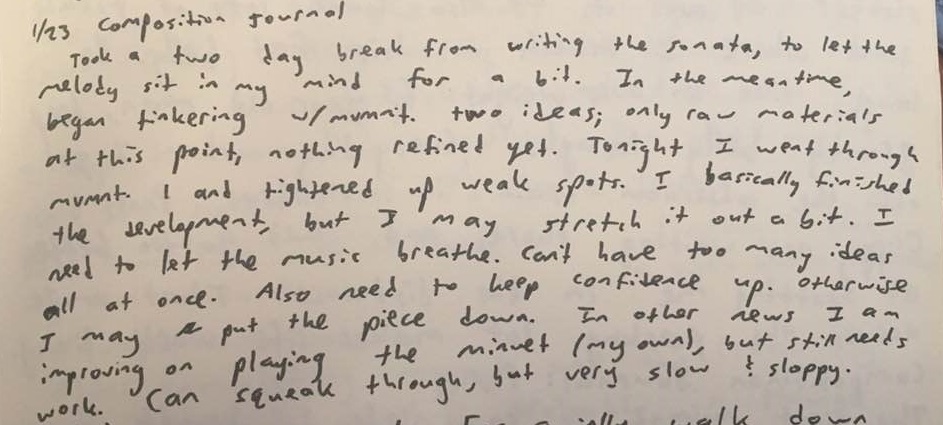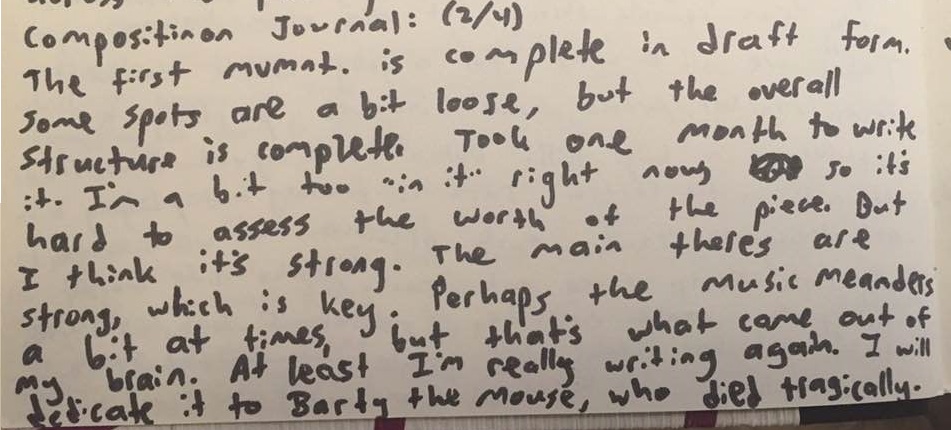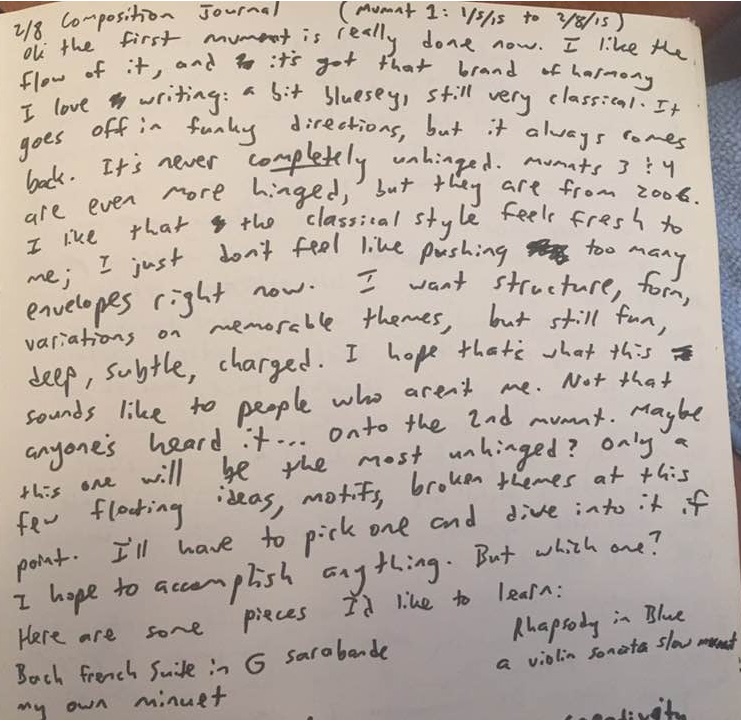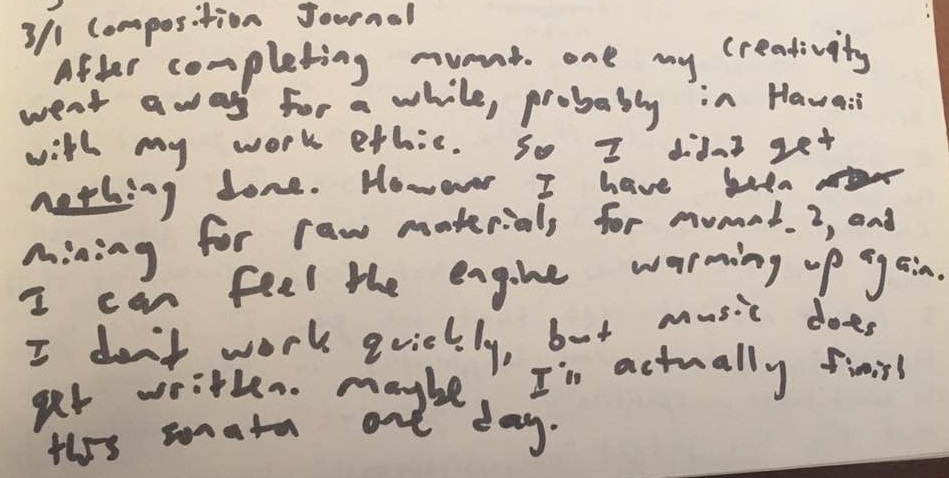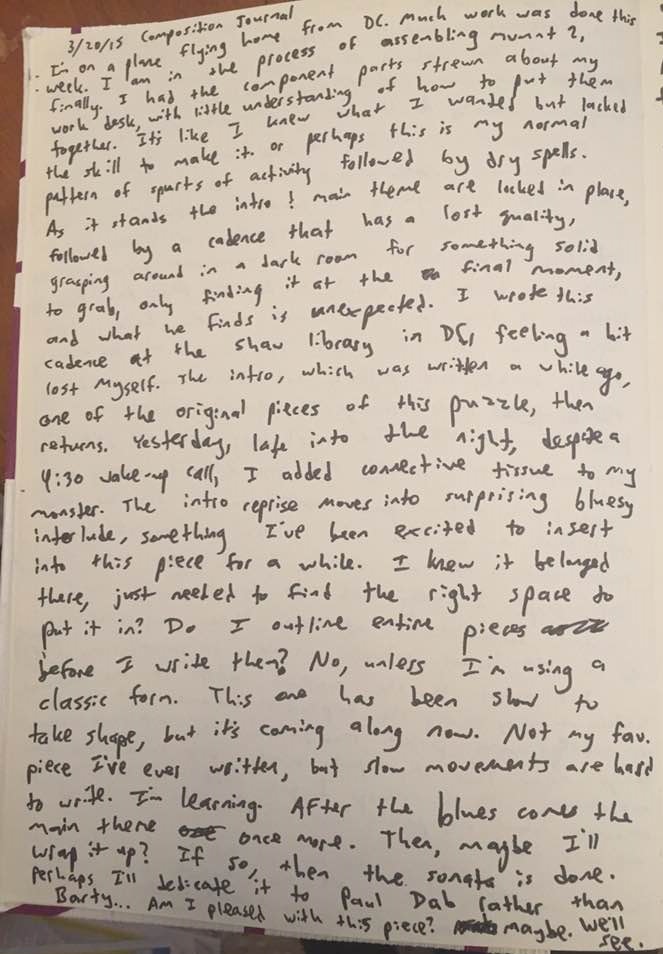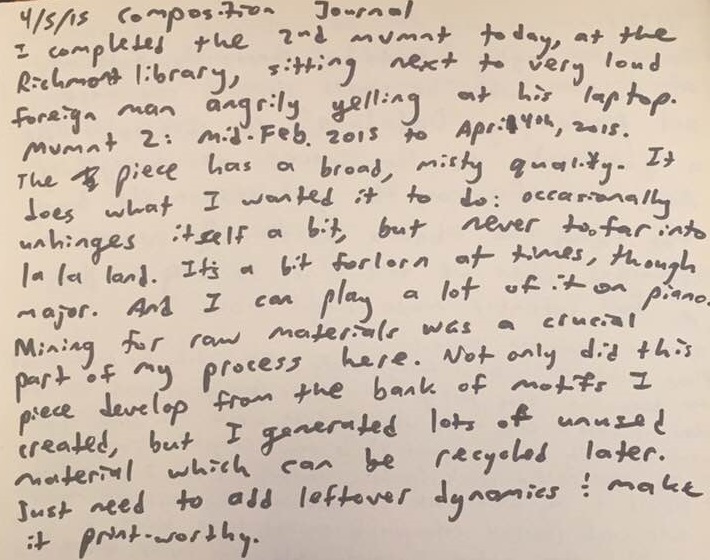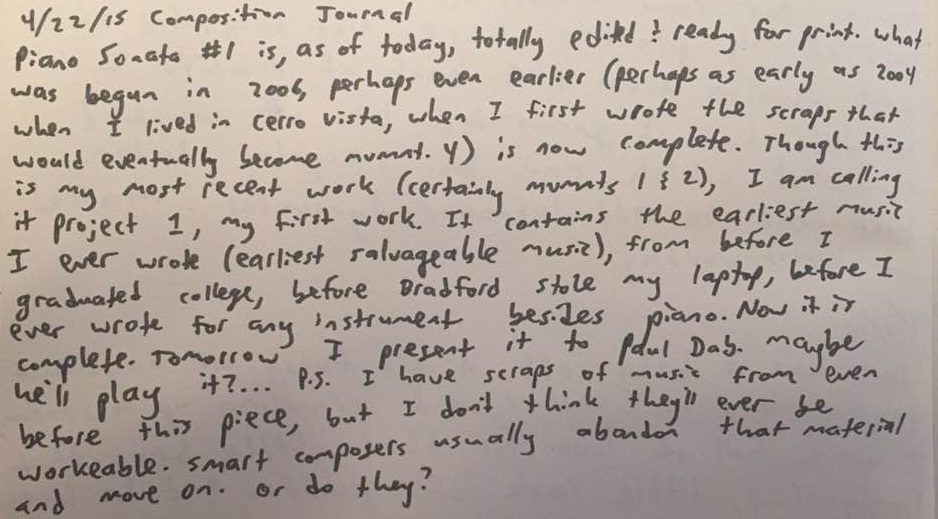At the opening of the short dialogue Crito, Socrates is found sleeping peacefully in his jail cell as his execution day draws near. When his friend Crito arrives (after bribing the guard), Socrates greets him joyfully, and Crito is surprised by Socrates’ serenity in the face of death. Crito then passionately attempts to convince Socrates to escape with him. Crito makes it clear that with his wealth and influence he can easily sneak Socrates out of prison and whisk him away to a foreign land where he can live out his days in safety, far from the Athenian authorities who wish to see him dead. It will be no trouble at all to escape, if Socrates will only allow his friends to save his life.
Crito offers a variety of arguments for why Socrates should flee, chief among them that Socrates has been unjustly convicted by the state and wronged by his countrymen, so therefore he has no obligation to submit meekly (perhaps even shamefully) to their judgement. The honorable action would be to disregard Athenian law and escape while he still can. He could then continue his teaching as a fugitive and exile. One additional perk to this plan would be that by staying alive he would allow his friends and students to have more time with their beloved Socrates, whom they honor above all others.
Despite his friend’s urging, Socrates remains unconvinced. He proceeds (in his typical fashion) to thoroughly dismantle Crito’s arguments, and instead posits that the truly moral act is to stay in prison and face his impending death. Along the way, Socrates makes an argument that has sparked 2,500 years of further debate among political philosophers: it is a moral and just act to obey the laws of one’s country at all cost, even if those laws appear unjust; to disobey an unjust law is in itself an immoral, shameful, and unjust act.
Socrates argues the following: If one is born in a country and chooses to live there rather than flee to a foreign country, he is bound by a sacred vow (or at least, an implied contract) to obey the laws of that country. This is like an early and extreme version of the social contract: if one chooses to live in a country and reap the benefits of citizenship, one thereby agrees to obey all laws, decrees, verdicts, and orders issued by the government of that country, regardless of whether they are just or moral. If one does not consider the laws of his country to be just, he should renounce his citizenship and move elsewhere. Since Socrates had lived his whole life in Athens, married his wife and raised his children in Athens, fought in the Athenian military, and never once thought of renouncing his citizenship all those years, he must not turn his back on his country the moment a judgement doesn’t go his way. After everything the city had done for him all these years, it would be dishonorable to disobey and abandon her in the end, simply to save his own life.
At the same time Socrates argues that one’s country is like one’s father. He raises the child up and nurtures him, directs the child’s education (both moral and scientific), and gives the child a share of his own hard-earned wealth; the child in return must obey and honor his father, thereby acknowledging the debt he owes to the man who raised him. So it is with one’s country, which nourishes and educates its citizens, and therefore deserves the same honor one bestows upon his father.
My first thought upon reading Socrates’ argument that any citizen who chooses to live in a country enters into an agreement with that country to obey all laws whether they are just or not was that this line of reasoning would render all forms of civil disobedience immoral. If a citizen (or second class citizen) falls prey to a discriminatory or persecutorial law (for example a Jim Crow or Apartheid law), Socrates might argue that this citizen is morally bound by justice to obey the discriminatory law, simply because that citizen failed to flee to a new country when he had the chance.
In a world where some citizens are treated differently than others (due to poverty, ethnicity, social status, employment status, etc.), and various groups of citizens fall victim to discriminatory laws, it seems absurd to argue that those most harmed by such laws are morally required to obey them, and that by choosing to live in a country one forfeits his right to publicly object to or protest whatever injustices might be baked into that system. Would it have been a moral act for an African American citizen living in the southern United States in the 1950s to silently accept the gross injustices of Jim Crow, and immoral for him to disobey a racist law? One could argue the opposite: it is shameful to acquiesce to unjust treatment, and honorable (moral) to protest such a system, even if (especially if) that system was legally created by the duly elected parliamentary body (the body that also, of course, makes the rules on who gets to vote on the members of that body).
Socrates was unjustly convicted, but his conviction was done in a lawful fashion. Thus Socrates believes he must obey the sentence and give up his life. But what if an entire legal system or economic system are inherently unjust or imperfect, as all such systems are to various degrees? How could obeyance of such an imperfect system be a perfectly moral act, so moral in fact that the morality defies all context: no matter how unjust the law may be, it is always moral and required that citizens obey it? It seems to me that it can never be a 100% moral act to obey any human institution, since every human institution will be flawed or corrupted in some way and to some degree. There is always nuance, always context. Perhaps it is moral to obey a law that orders one not to kill his child, but it is immoral to stand silently by while an innocent man is sentenced to death because of his ideas, as Socrates was.
Perhaps by protesting such a verdict Socrates could have introduced the idea to the public that one should not be sentenced to death for his ideas, that there should be protections for free speech that even the government (even the democracy) cannot override. And perhaps by spreading this idea, Socrates could have persuaded enough of the populace to actually initiate some reforms. Though this is far-fetched, it proves a point: in this example Socrates would have made his legal system more moral by disobeying the law. This shows that there are examples where it is more moral to break a law than follow it. After all, if by protesting or disobeying an unjust system we make it more just, how could that protest be an unjust act? In this light, civil disobedience can be a moral act, since it can help a country shed some of its more egregiously unjust laws. (Then again, perhaps by martyring himself Socrates accomplished the same goal: to spread awareness of just how grossly unjust and absurd it is to execute a man for his ideas).
Oftentimes (even in democracies) minorities are left with few options when the laws are stacked against them. When the duly elected legislature fails to dismantle these laws, perhaps because of economic/racist/sexist/religious/political motives, it is up to the citizenry to take action. But if a majority of the citizenry supports discriminatory laws, the minority may find themselves in an impossible situation. When all the mechanisms of power are locked away and all the “legitimate” avenues of change are blocked by an elite (or by a majority) determined to keep certain groups out of the halls of power, citizens who are oppressed by the laws have little recourse other than to protest, to disobey, to interfere. Rob them of this tactic (by branding their protest as inherently immoral or even illegal), and they are left only with silent acquiescence. They are to become slaves.
One might argue that if a law is truly unjust it should be left to the democracy to legally overturn it (and therefore we do not need civil disobedience at all), but this leaves minorities at the mercy of the majority. If a black citizen in Mississippi has been “lawfully” convicted by a racist jury and condemned to die by a racist judge (following to the letter the laws written by racist legislators, who were voted into office by racist voters), it is not shameful or unjust for that man to flee in the dead of night (if he is able to do so) and evade his executioners (as Socrates might have done). One only has one life to live. By living in a given country, one does not automatically agree to silently forfeit that life in the event some powerful, entrenched elites wish to see him dead.
It is of course difficult to objectively state which laws are just and which are unjust. A gun lover who believes it is unjust for the state to tell him he can’t bring a rifle to a preschool might believe it is a moral act to protest that law by bringing a rifle into a preschool. Without a clear conception of “justice” we easily sink into relativism: anyone who disagrees with a law can label it unjust and disobey it, and by doing so he is acting justly (from his point of view). I am not trying to argue that an individual has the moral right to disobey any law he wishes, nor that any law a person disagrees with must be an unjust law. Clearly we need a clearer picture of the difference between a truly unjust law and a regular law that certain citizens disagree about.
I’ll have to save the laborious process of defining justice for another day. For now I’ll just say this much: breaking a law is not an inherently unjust act. Laws are human institutions, not some higher, heavenly ideal before which we all must bow. If a law is wrong it must be fixed; if the democracy refuses to do so, then the democracy absorbs the immorality that was formerly localized in that unjust law. In this situation, the oppressed citizen might be acting morally by working (in a legal or extra-legal fashion) to purge the injustice from the system.
The context is key: what is the law, who is affected by it, why was it created, who benefits from it, and who is harmed? We mustn’t ignore those questions when assessing the morality of a political action, as Socrates does. Also: do those affected by unjust laws have any legal remedy, or are all legal and “legitimate” mechanisms closed to them, leaving protest or civil disobedience (or even violence) as the only options? If so, then we should hesitate before calling their attempts to overthrow systemic injustice “immoral.” The real key here is that context matters; questions of immorality are never black and white.
I believe that those who are abused by the state (as Socrates was) have no moral obligation to silently obey their abuser, just as an abused child has no moral obligation to obey an abusive father (to use Socrates’ own metaphor). The state, like a parent, needs to earn our loyalty by acting justly towards us. If a father acts justly some of the time, a child acts morally by obeying in those moments; when a father acts unjustly (for example, by beating his child), the child is not immoral to disapprove of or disobey or flee from his father. The shock of this protest against injustice may even prove to be a learning opportunity for the father (or the state, in the event of a protest against an unjust law). It is difficult for me to see how the very act of protesting injustice could, in all contexts, be unjust.
Socrates makes a further argument: a man who disobeys one of his country’s laws seeks to destroy his country. In other words, any single act of disobedience against the state is the same as declaring war against that country’s entire legal system. Socrates conflates the protest against one single unjust law with the complete destruction of the city, as if recognizing the injustice of one law automatically makes one a traitor to his country; so if Socrates were illegally to flee from his unjust execution, this action would actually be an attempt to destroy Athens itself, just as a child who disobeys his father one time must be trying to kill his father. And since it is usually wrong to seek the destruction of one’s own country (or the death of one’s father), we must therefore offer up our complete submission in all matters to both city and father. Even if one’s father is insane, we must submit; even if a country’s laws are insane, we must submit.1 We must be slaves to both, because to ever disobey either would be the same as treason and murder.
This is a common conflation in Plato’s work: we are forced to consider the city as a whole, rather than thinking clearly about its component parts (which are single laws or individuals). In Republic Plato tells us we are supposed to aim for the happiness of the city at the expense of the individual. Individuals are asked to sacrifice their freedom, political power, and social mobility all for the sake of making “the city” happy, whatever that means. The component part is asked to sacrifice all for the good of the abstract whole; the component part (in this case, a human individual) does not matter at all, only the city matters. In Crito we are asked to accept the entire law code our city puts forth, or else accept the premise that we hate the city and wish to see it destroyed. Again we must ignore the component parts (the individual unjust laws) and focus all of our love and devotion on the abstract whole (the city). An attack on one part is the same, in Plato’s eyes, as an attack on the whole. This is faulty reasoning that demands we only take notice of abstracts, and completely ignore the concrete component parts that actually affect our real lives as humans. We know from experience that this way of thinking is dangerous: a country’s legal code can be full of both just and unjust laws, but if we label as treason any attempt to improve those unjust laws, we will fail ever to innovate, to improve, to grow. The injustice within the system will breed and grow, safe and sheltered from all harm by an ideology that makes citizens too fearful ever to question the morality of any single law, since those citizens will be labeled as traitors and city destroyers. Socrates seems to believe that instead of protesting unjust laws, the best remedy for an oppressed person is simply to renounce one’s citizenship completely and seek citizenship elsewhere. Afterall, as Socrates argues, if one stays in the country with unjust laws, he tacitly agrees that all the laws in that country must be just. It’s all or nothing for him.
Side note: Can I just mention also that it is pretty cavalier for Socrates to state that if one wishes not to follow the laws of his country, that he should simply pack up and leave it. He makes it sound so obvious that one who disagrees with his country’s laws can easily uproot himself, abandon his family, friends, and career, and set off for a new land in search of laws that are more just (and that the persecuted citizen must flee before he has been officially convicted of a crime; once convicted he is bound to stay put and face his sentence bravely). In reality not everyone has the option to flee if one’s country has unjust laws. David Hume once wrote: “Can we seriously say, that a poor peasant or artizan has a free choice to leave his country, when he knows no foreign language or manners, and lives from day to day, by the small wages which he acquires? We may as well assert, that a man, by remaining in a vessel, freely consents to the dominion of the master; though he was carried on board while asleep, and must leap into the ocean, and perish, the moment he leaves her.”2 Socrates seems to forget, or not notice, that most people who are oppressed by the state don’t have wealthy friends like Crito who can simply whisk them away to safety, and that choosing to become an emigrant is an uncertain, heart-breaking, and dangerous adventure that most people choose only out of sheer desperation. Emigration is not the handy solution that Socrates makes it out to be. By ignoring this reality, he finds it easy to condemn anyone who refuses to either leave their homeland prior to a conviction or to obey unjust laws.
Then again maybe I have this whole thing wrong. Maybe Socrates isn’t making a grand statement that following the law is always a just act if one loves his country. Perhaps instead he is only making a personal statement: for him personally, it would be unjust to break the law because of his own unique feelings about his country and his own unique situation. Perhaps for Gandhi civil disobedience was a just act because of his own unique situation. In other words, maybe Socrates isn’t making a blanket statement, but instead arguing that justice is in the eye of the beholder. Therefore it isn’t universally unjust and immoral to flee from prison; it is only unjust for Socrates to do so because of his own beliefs and intuitions. According to this view, we each choose our own version of justice and live our lives accordingly; we will all be judged according to our own internal metrics of justice.
I don’t really think he’s arguing that way in Crito. His language in the dialogue suggests he has a more universal view of law and morality (disobeying the laws of one’s country is always immoral), not that he’s just sharing his own personal take on his own unique situation. In fact the “eye of the beholder” argument is an argument for relativism, which flies right in the face of Plato’s theory of forms (expressed in other dialogues such as Republic and Phaedo). This theory states that there are certain ideal and perfect phenomena (such as Justice) which are more real than our own reality, and pre-date our reality. These ideals provide the meaning behind the words we use, even if we often use the words incorrectly (for example by labeling an unjust act as just). They also demonstrate just how hollow and paltry man’s real-world understanding of justice truly is, and how often we fall short of the ideal. In fact, humans never experience ideal Justice in the real world; the only reason we have any understanding of this concept whatsoever is because of a deep-seated memory of the ideal from a past life, when the world was younger and humans were closer to the gods (this is part of Plato’s proof that the soul is eternal, in Phaedo). It is the philosopher’s job to contemplate the true meaning of Justice and teach others to seek objective and universal truth as well. Philosophers must avoid getting wrapped up in day to day situations and particulars (the way most people do as they go through their daily routines and the challenges of life), and instead keep their eyes aimed up toward the heavens, always seeking universal understandings and higher truths. Since Socrates seems to think of himself as just this kind of philosopher, it seems out of character for him to apply the word “justice” to the narrow context of his own execution, while leaving room for others to follow a different standard and remain just in his eyes. No, when Socrates uses the word “just” he is making a universal claim (he’s no relativist). Therefore disobeying the laws of one’s country is flat-out wrong; civil disobedience is immoral.
Yet I still hesitate to believe that Socrates really thought this way about the law. In another dialogue, The Apology, Socrates argues that divine authority (and Socrates’ own quest for truth) supersede the laws and decrees of Athens. The authorities wish him to stop being a philosopher, but he refuses. That version of Socrates makes it clear that even if the government legally enacted a law banning him from philosophizing, he would be compelled by a higher power (perhaps his sense of justice?) to disobey that law. His purpose on this earth is to help men discover truth, to question, to teach; through these actions he lives a moral and just life. So in this case he is willing to ignore the man-made authority of the city in favor of his own sense of what is right and moral: he will never cease to question authority, search for truth, and practice philosophy, no matter what the laws of Athens may require. It seems then that Socrates does not consider civil disobedience to be an inherently immoral act, since he would in fact be willing to disobey a law if, by so doing, he was honoring his commitment to moral behavior.
So does he contradict himself between these two dialogues? Maybe so. But I think we should let him off the hook. After all, how consistent and calm would I be if I was put on trial for my life, found guilty, and sentenced to death, all because of my personal beliefs and ideas. I find it difficult to judge a man for his beliefs on justice when he has been unjustly condemned and faces his own immanent death. But due to this contradiction, maybe we shouldn’t try to pull some timeless truth about morality and law from Socrates’ words; perhaps it’s pointless to take ideas that are over two thousand years old and attempt to make them seem relevant and true today. Perhaps instead the point of reading Plato is just to allow our thoughts to be provoked. If it gets us all thinking and questioning, that’s worthwhile!
Notes
- This paragraph was inspired by Leo Strauss’s essay, “Plato’s Apology of Socrates and Crito,” in Studies in Platonic Political Philosophy, (Chicago: The University of Chicago Press, 1986), 61-62.
- David Hume, “Of the Original Contract,” in Essays, Moral, Political, and Literary (1777), paragraph 24, accessed online at https://davidhume.org/texts/empl2/oc.


